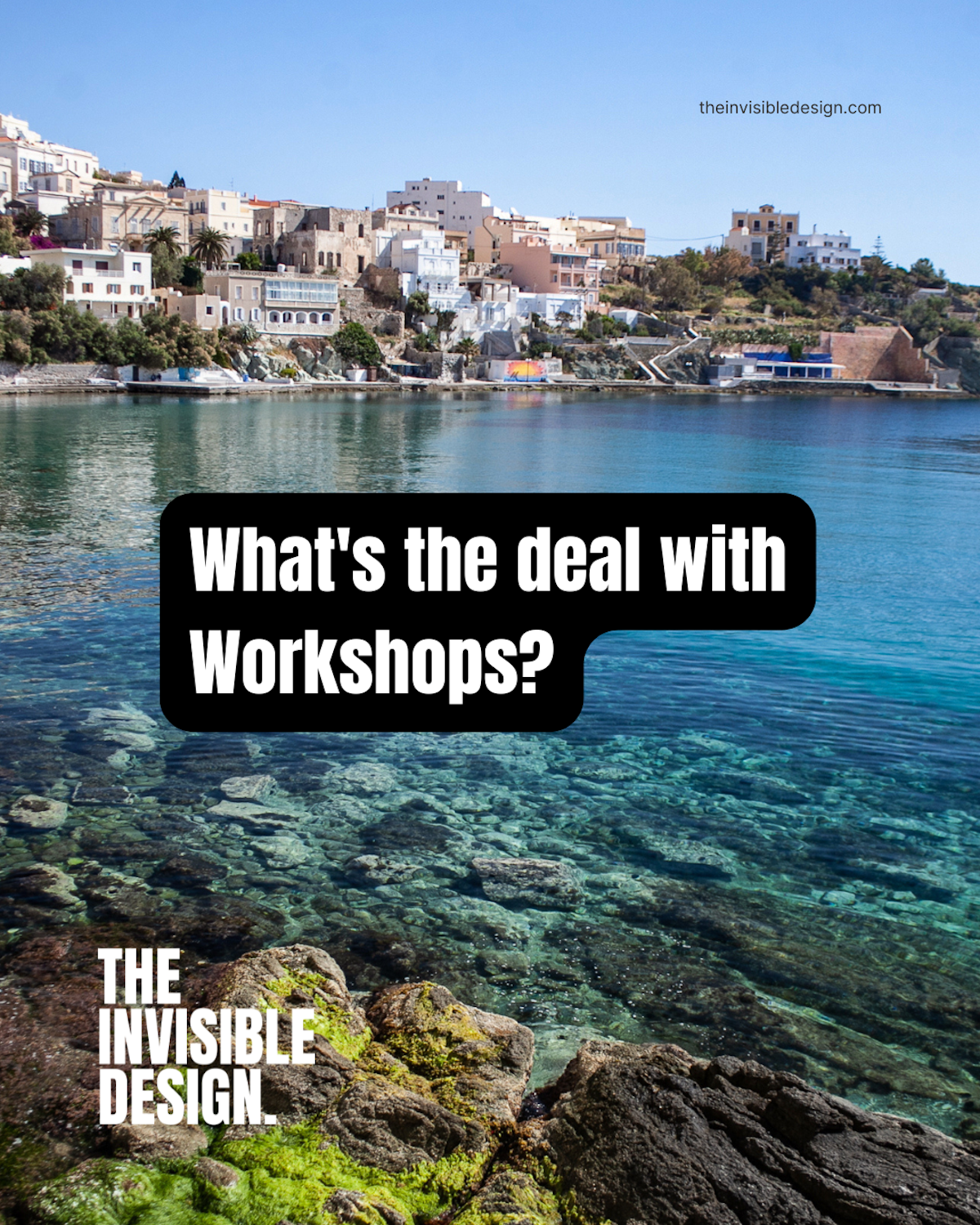How to organize and facilitate Product and UX Workshops

Workshops are a vital part of any PM toolkit as they enable participants to come together for a concentrated time of problem discovery & idea generation and hands-on activities that allow them to achieve an actionable goal.
This article is an excerpt from a full-length guidebook. If you like the ideas explained below, you can purchase the full PDF guide at this link.
They are essential for gathering diverse perspectives, fostering mutual understanding of ideas and plans, and promoting inclusive decision-making. When well-planned and properly executed, workshops can significantly boost momentum and progress in projects, surpassing the benefits of standard meetings. While meetings are ideal for sharing information, workshops excel at hands-on problem-solving.
Meeting vs Workshop
Meetings are a way for people to exchange information. (Think: status updates or general knowledge sharing.). In comparison, workshops are for solving problems, with a concentrated time dedicated to idea generation and hands-on activities that allow groups to achieve an actionable, predefined goal. Simply put, meetings are where things get discussed.
When Should I Have a Workshop?
Workshops are particularly useful in situations that require input and consensus from diverse groups or that would benefit from shared ownership.
Even if these are branded as UX workshops, they apply to the entire PM process. Here are five common scenarios where UX workshops are highly effective:
Discovery Workshops: Understand current state and build consensus for project milestones.
Empathy Workshops: Create shared understanding of user needs.
Design Workshops: Generate and discuss diverse ideas.
Prioritization Workshops: Decide and prioritize important items.
Critique Workshops: Analyze and improve designs.Each of these scenarios benefits from a workshop setting because participants need to focus deeply on specific topics, make decisions, and act upon information collaboratively.
Purpose and Scope
Meetings are suitable for exchanging information, such as status updates or general knowledge sharing. In contrast, workshops are designed for solving problems with dedicated time for idea generation and hands-on activities. While meetings cover many topics superficially, workshops delve deeply into particular issues.